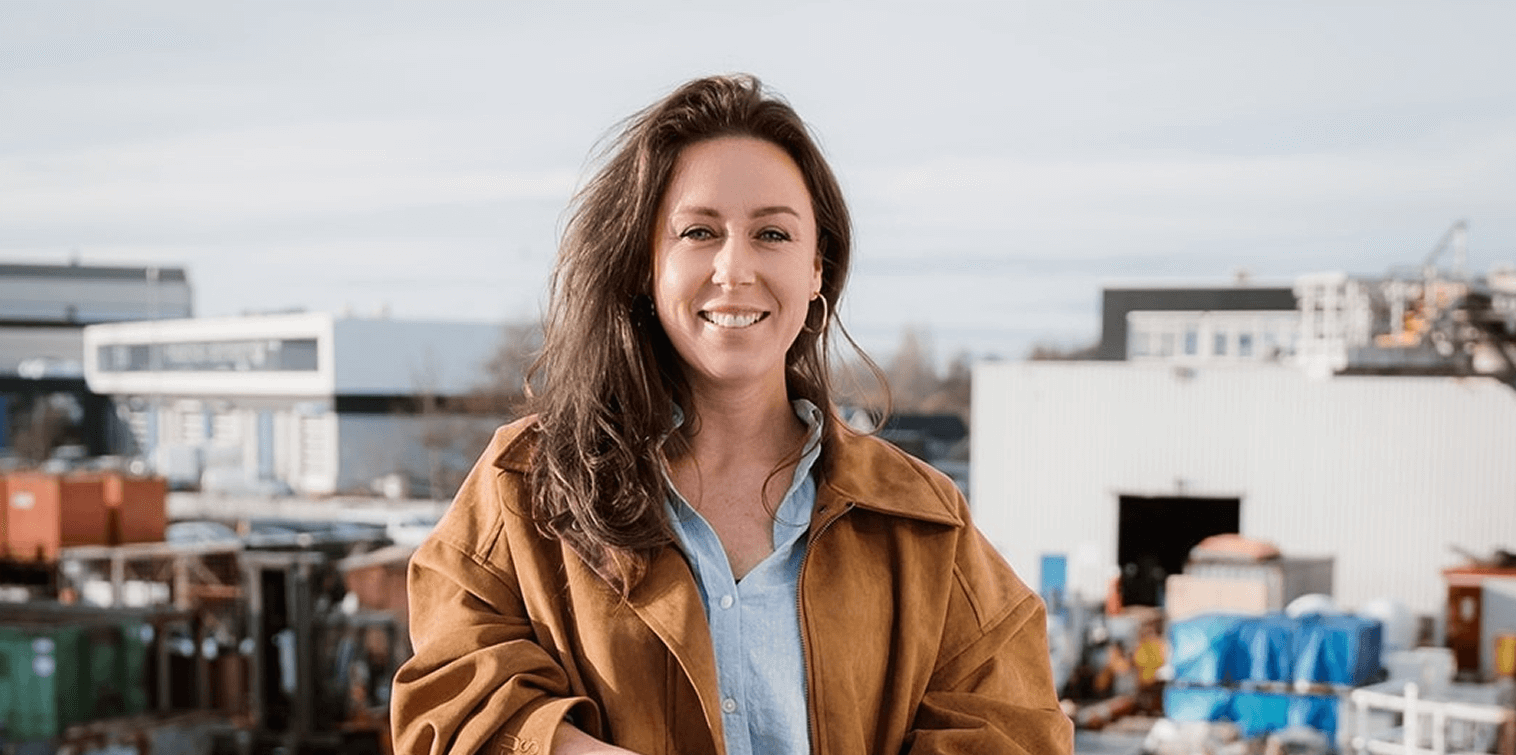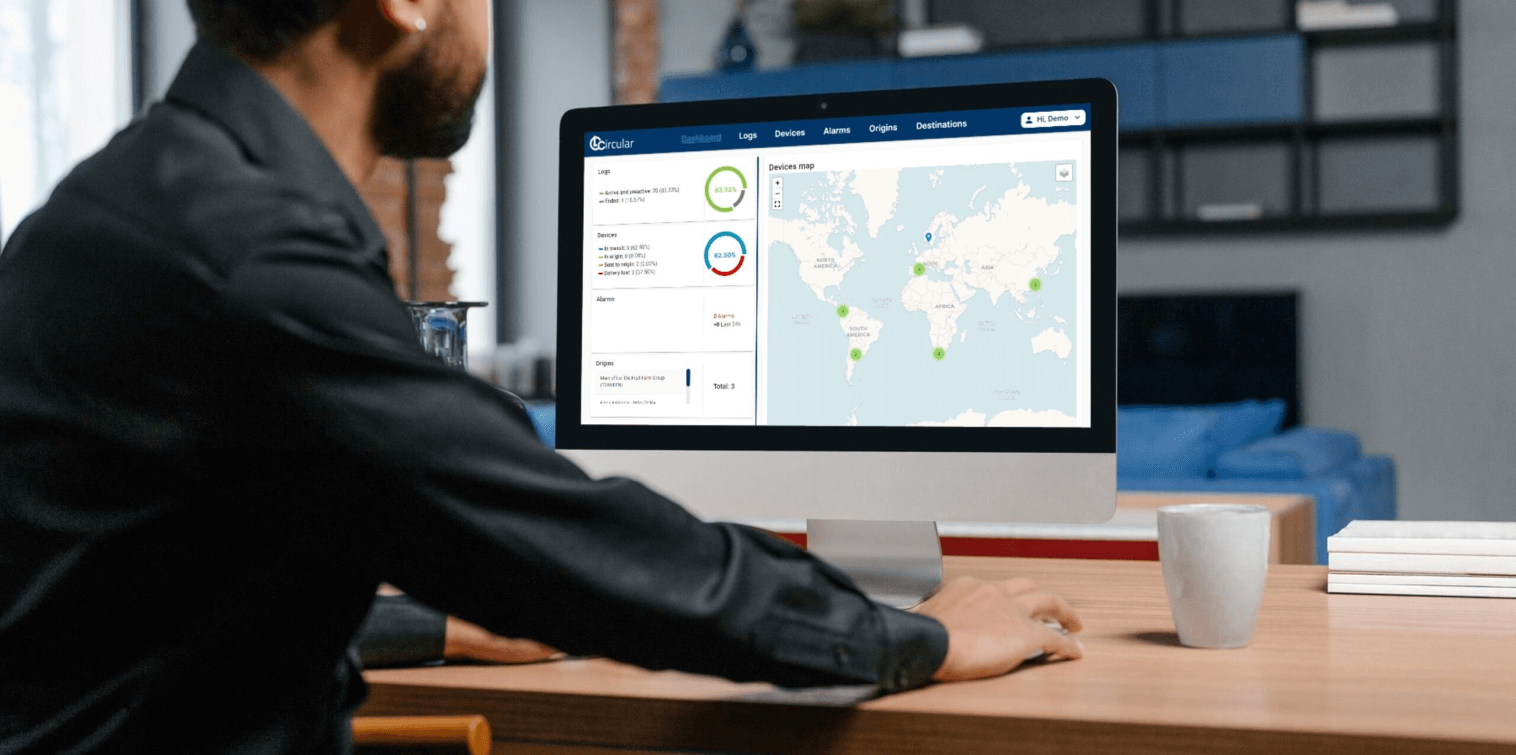Sensors that travel smarter: CLCircular brings circular innovation to Rotterdam
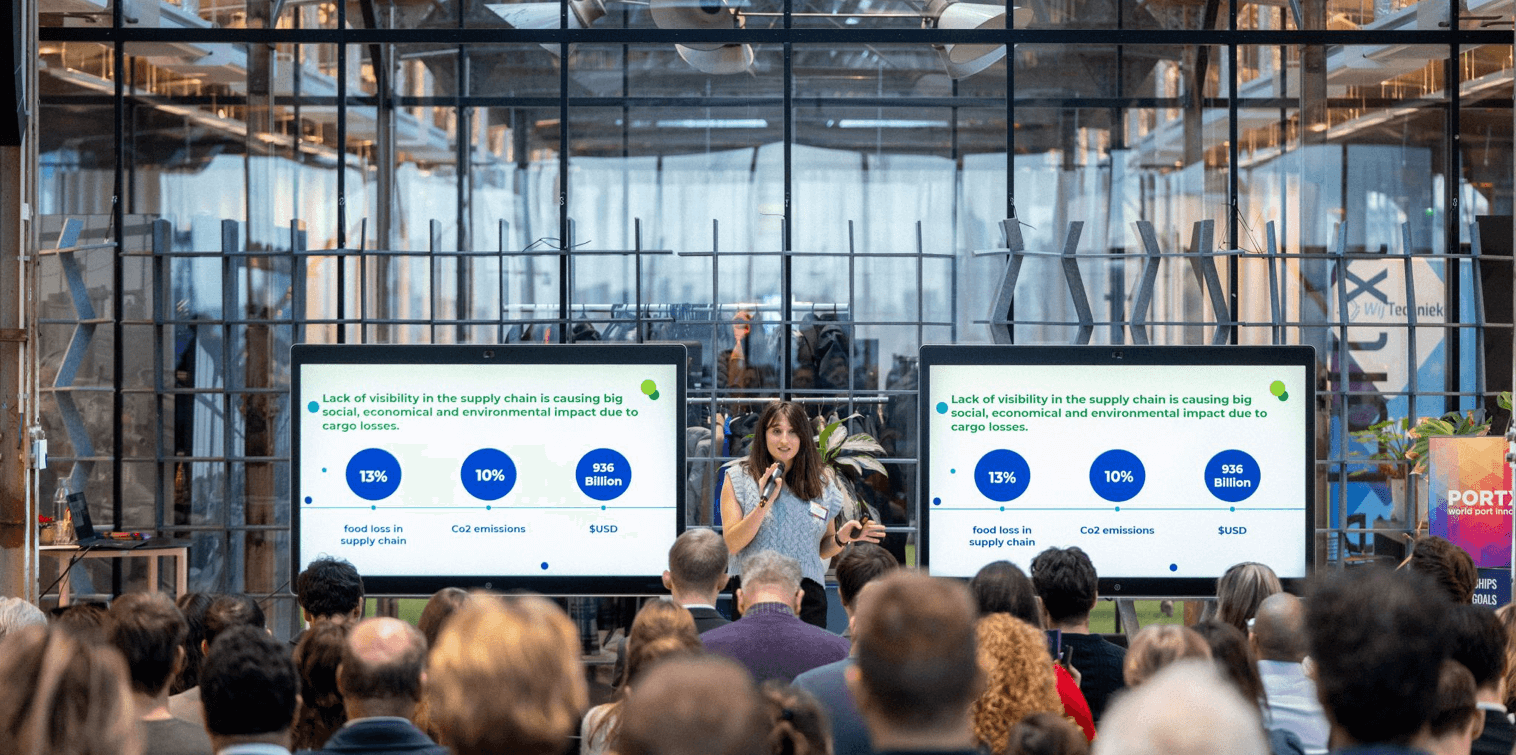
Tackling bigger challenges
The company also sees a role in addressing a significant challenge faced by ports worldwide: drug trafficking. “Our sensors can detect when a container door is opened during transport,” Elisa explains. “That information could help customs identify suspicious shipments more efficiently.” CLCircular is exploring collaborations with customs and other port stakeholders to apply its technology for both security and cargo quality.
Innovation through sustainability
For Elisa, the strength of CLCircular lies not only in its hardware, but in the systems that surround it. “Our innovation is the recovery process, the circular model,” she says. “By providing visibility in the supply chain at a lower cost, we help companies reduce cargo waste and cut emissions.”
As the European Union tightens regulations on real-time monitoring and supply-chain transparency, demand for such solutions is increasing. CLCircular is already preparing for further international expansion but sees Rotterdam as its launchpad. “This port is not only one of the largest in the world, it is also open to new ideas. If you want to prove something works in logistics, you start here,” Elisa concludes.
Interested in connecting?
CLCircular may be a young company, but its circular approach to cargo monitoring is already making waves in Rotterdam’s port community. Elisa and her team are keen to exchange ideas and explore opportunities with partners across the supply chain.
Elisa Alonso - Northern Europe Lead
Email: elisa.alonso@clcircular.com
Shaping sustainable shipping: innovation, people and partnerships in Rotterdam
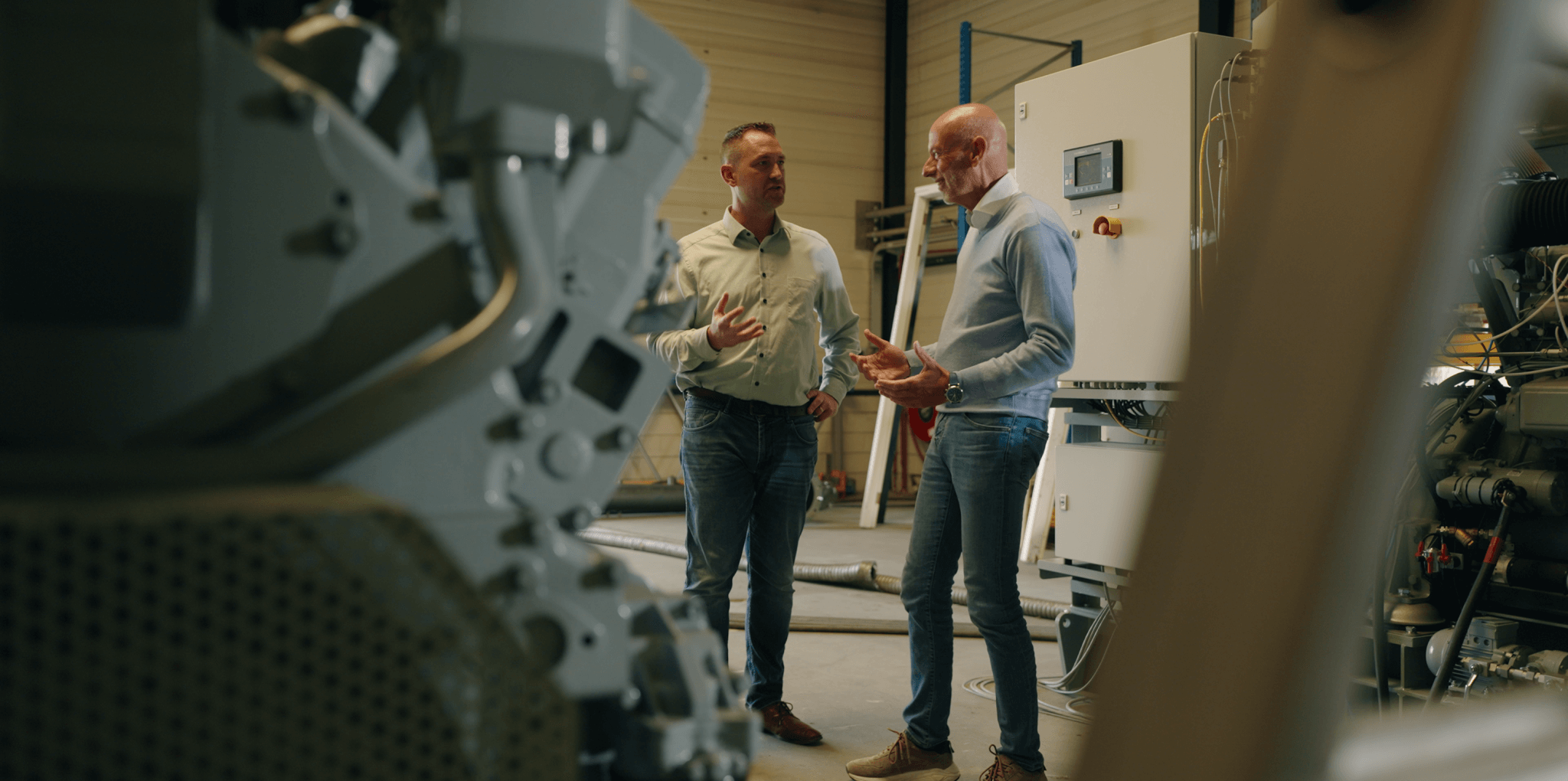

Charting her own course: Heleen Kornet on leadership, legacy and navigating a male dominated maritime world
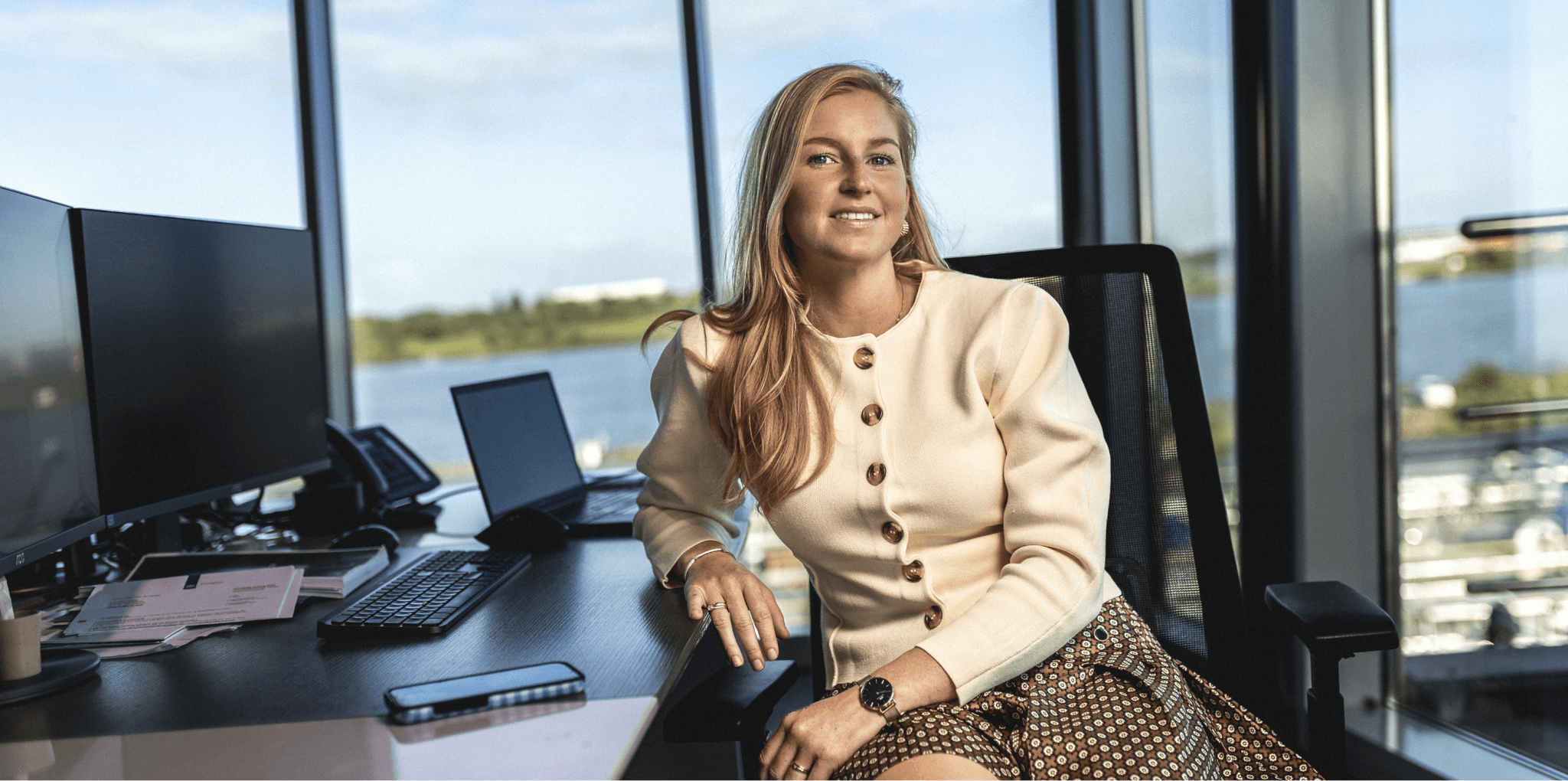

Innovating inland shipping: how Concordia Damen strengthens the maritime ecosystem from Werkendam to Rotterdam
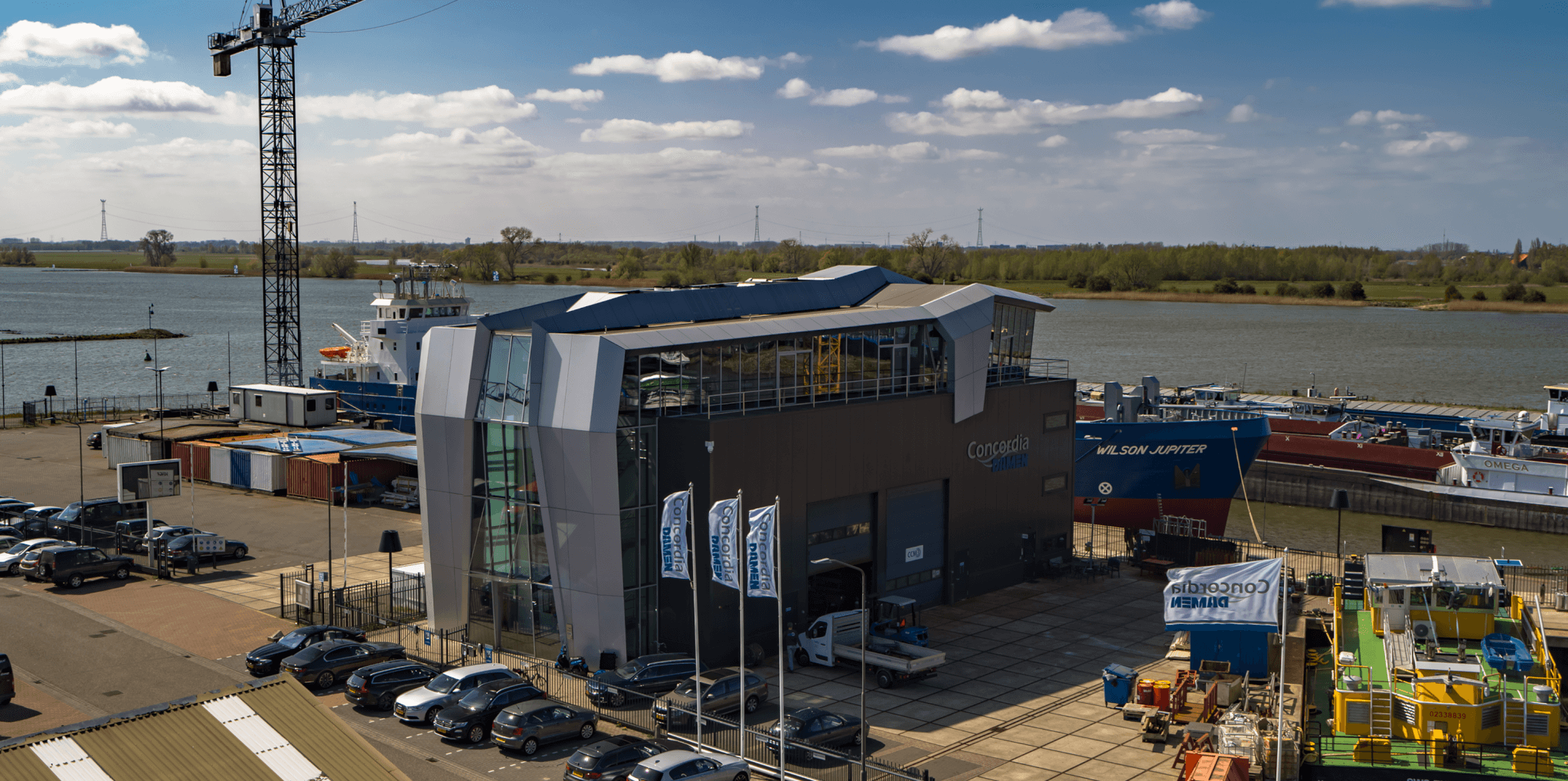

Building smart, specialised vessels: how Holland Shipyards Group turns customer questions into practical innovation
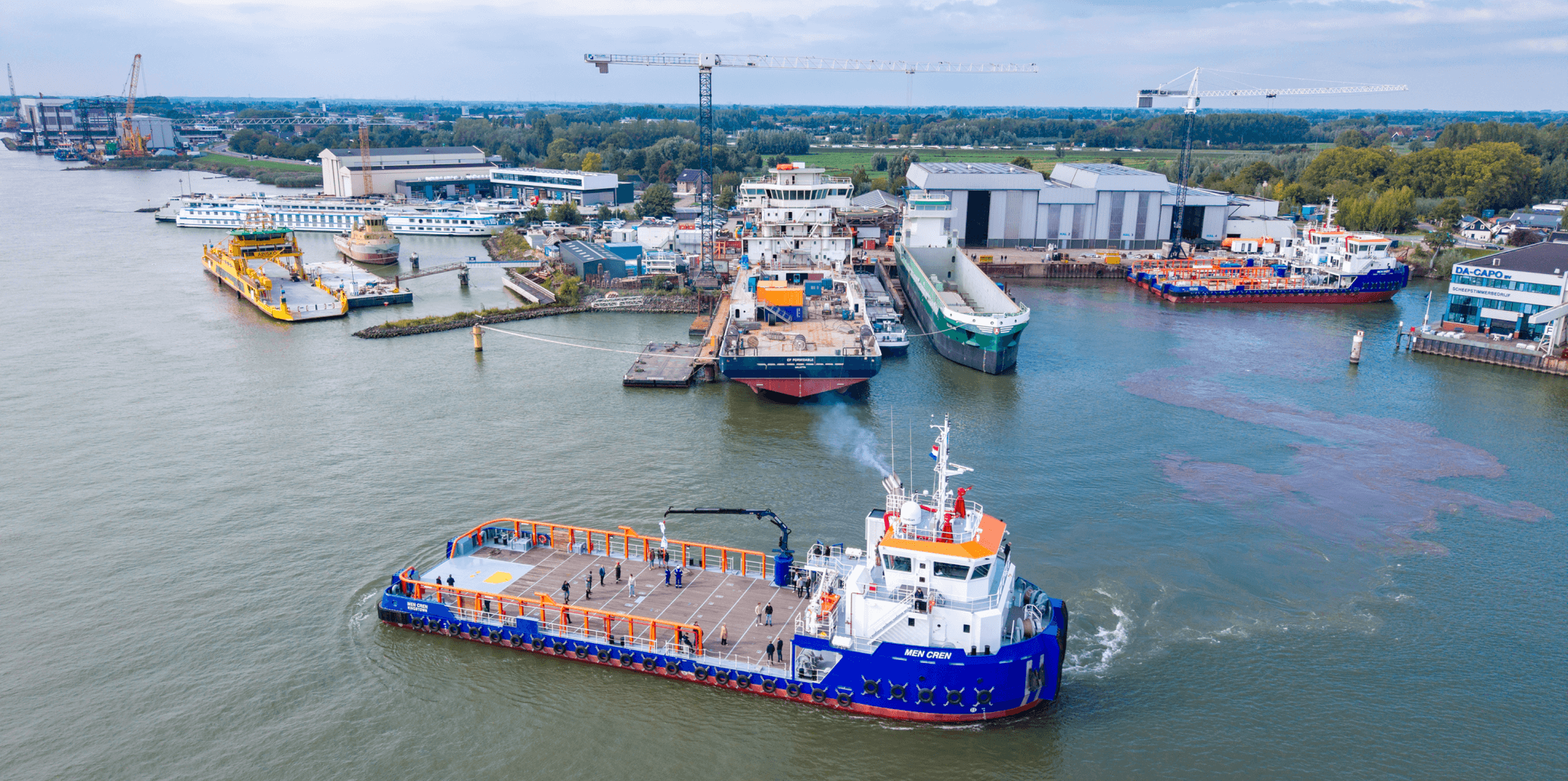

Working with trust and curiosity: Shanna van Berchum on building a career in the maritime industry
